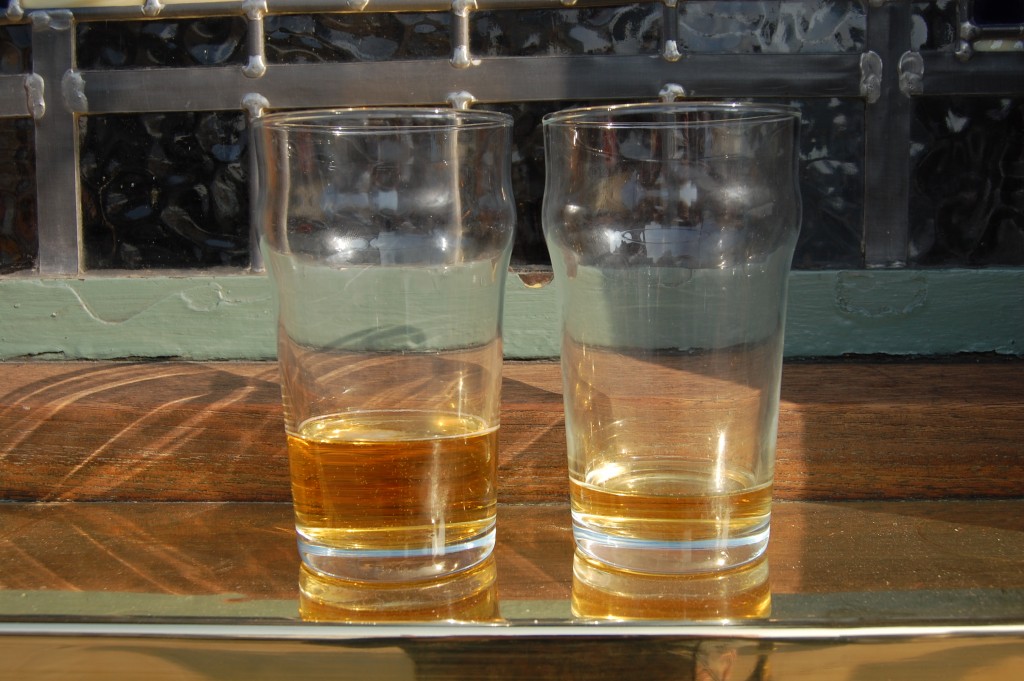Call to end 24-hour licensing over police injuries
THE Government has faced calls to end round-the-clock licensing after it emerged that three-quarters of police officers had been injured while responding to drink-related violence.
Police officers condemned 24-hour licensing in a survey of blue-light workers, which found that alcohol-related incidents were placing extra strain on already under-pressure emergency services.
The report from the Institute of Alcohol Studies, ‘Alcohol’s Impact on Emergency Services’, found that 76% of police officers and 50% of ambulance staff had been injured on the job as a result of drunken violence.
Between a third and a half of emergency service staff have suffered sexual harassment or assault in the line of duty, the report found, and alcohol takes up as much as half of the emergency services’ time.
Police officers interviewed as part of the research were in favour of stronger control and regulation, particularly on licensing and alcohol prices. There was a clear sense that later opening hours have created a huge strain on police officers, with many calling for a return to earlier closing times for pubs, bars and nightclubs, the report found.
One response constable told researchers: “The change in licensing hours changed policing forever. No longer are we able to patrol residential areas to catch burglars.”
Another officer described how resource-intensive it can be to police the night time economy: “Making an arrest can tie up officers for a considerable amount of time, taking them off the streets. Of course, you have to arrest people sometimes and we do, but it can cause knock on problems.
“If the local police station is full, which happens fairly often, it might be a 20 or 30 mile trip to the next station with a free cell. So sometimes it’s just not safe to do that and leave other officers out and about with less backup.”
Institute of Alcohol Studies Director Katherine Brown said: “We call on the Government to better support our emergency services and implement policies to ease this burden, such as minimum unit pricing for alcohol. Local Authorities could also do more by using their licensing powers more proactively, such as trying to bring forward extremely late closing times where needed.”

